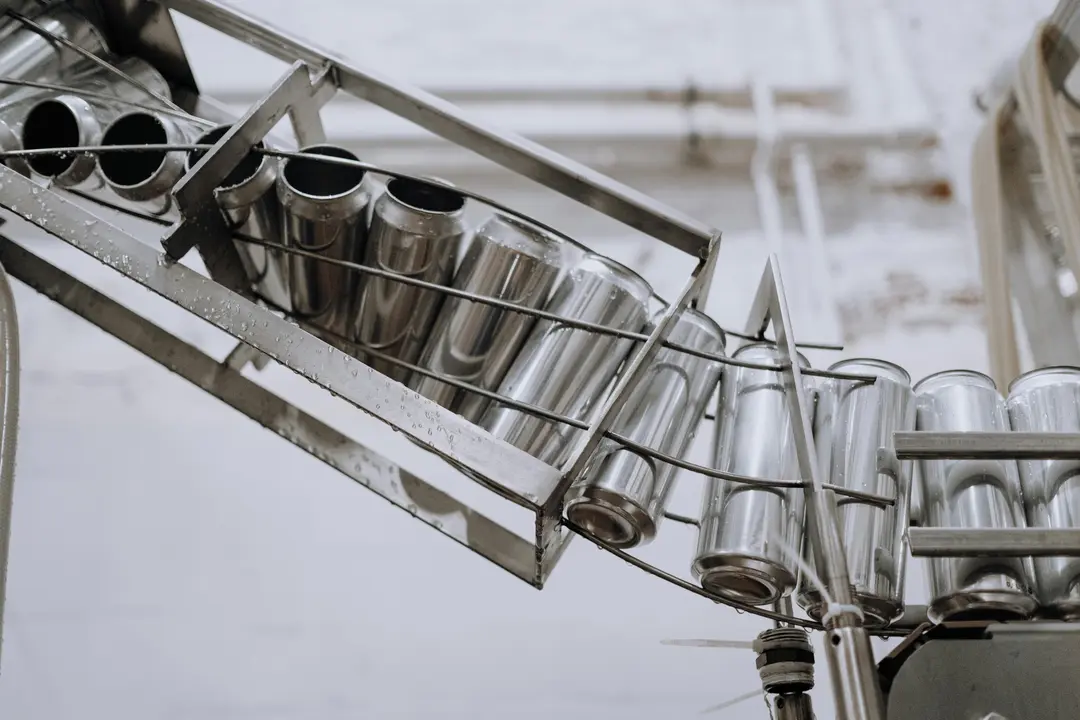What is 420 Stainless Steel?
Stainless 420 is a general purpose high carbon martensitic steel. It is usually supplied hardened and tempered or annealed condition. Martensitic stainless steels are designed for high hardness and sometimes other properties are compromised on.
420 has the highest hardness amongst all stainless grades with 12% chromium. The addition of sulphur to improve machinability does lower the corrosion resistance and weldability to below that of grade 410 (non-free machining equivalent).
420 Machinability
Stainless 420 machines best in the hardened and tempered condition R or condition S. It is similar to machining high carbon tool steels in that it gives tough, stringy chips. There is a free-machining type of 420 but this does come at the expense of other properties.
Similar or obsolete designation and trade names
You may also see stainless 420 referred to as:
- 420C
- British Standard Grades:
- 420S37 (1.4021)
- 420S45
- 420S29
- European Specifications:
- Related Specifications:
- 1.4021 (Bar)
- 1.4020
- 1.4034
- 1.2083
- UNS S42000
- ASTM A276
- BS EN 10088
- AISI BS970
- UNS X20Cr13
- X30Cr13
Main attributes
- Rust resistant
- High hardness
- Exceptional wear resistance
- Good corrosion resistance achieved when hardened and surface ground or polished (to atmosphere, foods, fresh waters, mild acids)
- Magnetic
- Although it can be used in continuous service up to 650°C, this can result in a considerable drop in its core properties (hardness, tensile strength, corrosion resistance), therefore not recommended for use at working temperatures above 400°C
Finishing & treatments
Stainless 420 is usually supplied in a heat treated condition:
- Annealing – annealed at temperatures between 840-900°C
- Tempering – temper at temperatures between 145-205°C
- Hardening – soak at 1010-1065°C
Common Applications
- Surgical & dental instruments
- Cutting tools
- Wear parts & rings
- Valves & pumps
- Domestic tools & utensils
- Bearings & bushings
- Shafts & axles
Technical properties
420 Stainless Steel Physical Properties
| Physical Properties | Value |
| Density | 7.75 g/cm³ |
| Thermal Expansion | 10.3 x10^-6 /K |
| Modulus of Elasticity | 200 GPa |
| Thermal Conductivity | 24.9 W/m.K |
| Electrical Resistivity | 0.055 x10^-6 Ω .m |
Bar - Up to 160mm Dia / Thickness - Spec: EN 10088-3:2005
| Mechanical Properties | Value |
| Proof Stress | 500 to 600 MPa |
| Tensile Strength | 700 to 950 MPa |
| Elongation A | 12 - 13 % |
Typical chemical composition (weight %)
| Weight (%) | Manganese | Iron | Carbon | Phosphorous | Silicon | Sulphur | Chromium |
| min. | 0.00 | Bal | 0.16 | 0.00 | 0.00 | 0.00 | 12 |
| max. | 1.50 | Bal | 0.25 | 0.04 | 1.00 | 0.03 | 14 |
 Get a quote
Get a quote




